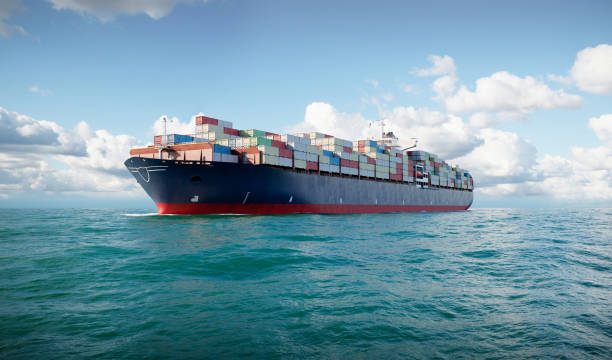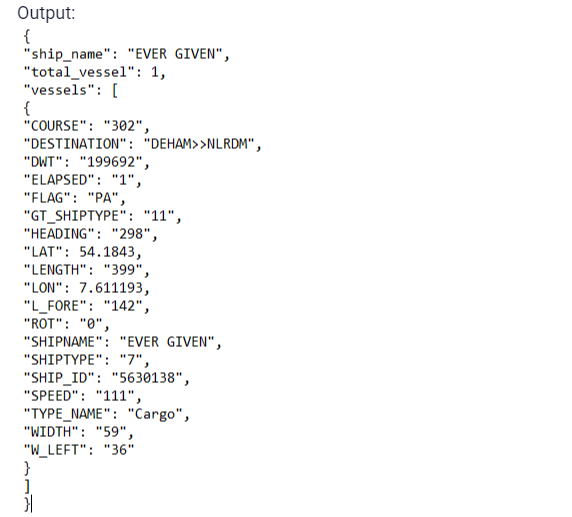Which API Should I Use To Search For Maritime Traffic Data?
If you are looking for a maritime traffic data API to help you with your business, you are in the right place.
The shipping industry is a vital component of global trade, connecting businesses and consumers around the world by transporting goods and commodities across oceans, rivers, and other waterways. In fact, the vast majority of international trade depends on shipping, and without it, the global economy would come to a standstill. One of the primary advantages of the shipping industry is its cost-effectiveness. Shipping is generally the most cost-effective method of transporting goods over long distances, especially for heavy and bulky items. This is because shipping vessels can transport large volumes of goods at once, reducing the cost per unit of transportation. Additionally, the industry has made significant strides in improving efficiency and reducing costs through technological advancements and operational improvements.
Furthermore, the shipping industry is a significant employer, providing jobs for millions of people around the world. From sailors and port workers to engineers and logistics professionals, the industry relies on a wide range of skilled workers to keep operations running smoothly. Additionally, the industry supports numerous ancillary industries, such as shipping finance, insurance, and legal services, providing additional employment opportunities and economic benefits.
Another significant advantage of the shipping industry is its ability to connect markets and facilitate global trade. Shipping allows businesses to access a wider range of suppliers and customers, increasing their competitiveness and enabling them to take advantage of opportunities in other parts of the world. Additionally, shipping has been instrumental in connecting developing countries to the global economy, providing access to markets and enabling economic growth.
Tracking ships is essential for the safety, compliance, efficiency, and security of the maritime shipping industry. With the vast number of ships transporting goods and raw materials across the globe, real-time tracking enables shipping companies to monitor vessel movements, ensure compliance with international regulations, optimize shipping routes, and respond quickly to potential threats.
So What API Should I Get?
As the shipping industry continues to grow and evolve, tracking technology will become even more critical in ensuring its continued success and sustainability. Currently, APIs are at the forefront of innovation because APIs allow automation, and they provide developers with a library of pre-built functions that can be easily integrated into their applications. This can significantly reduce the time required to develop new features, as developers do not have to build these functions from scratch. Instead, they can simply use the APIs to access pre-built functionality, speeding up the development process. We recommend Zyla’s Vessel Traffic Information API, which is a great fit if you are trying to create a database with data in real-time.
How Do I Get It?
To make use of it, you must first:
1- Go to Vessel Traffic Information API and simply click on the button “Subscribe for free” to start using the API.
2- After signing up in Zyla API Hub, you’ll be given your personal API key. Using this one-of-a-kind combination of numbers and letters, you’ll be able to use, connect, and manage APIs!
3- Employ the different API endpoints depending on what you are looking for.
4- Once you meet your needed endpoint, make the API call by pressing the button “run” and see the results on your screen.



